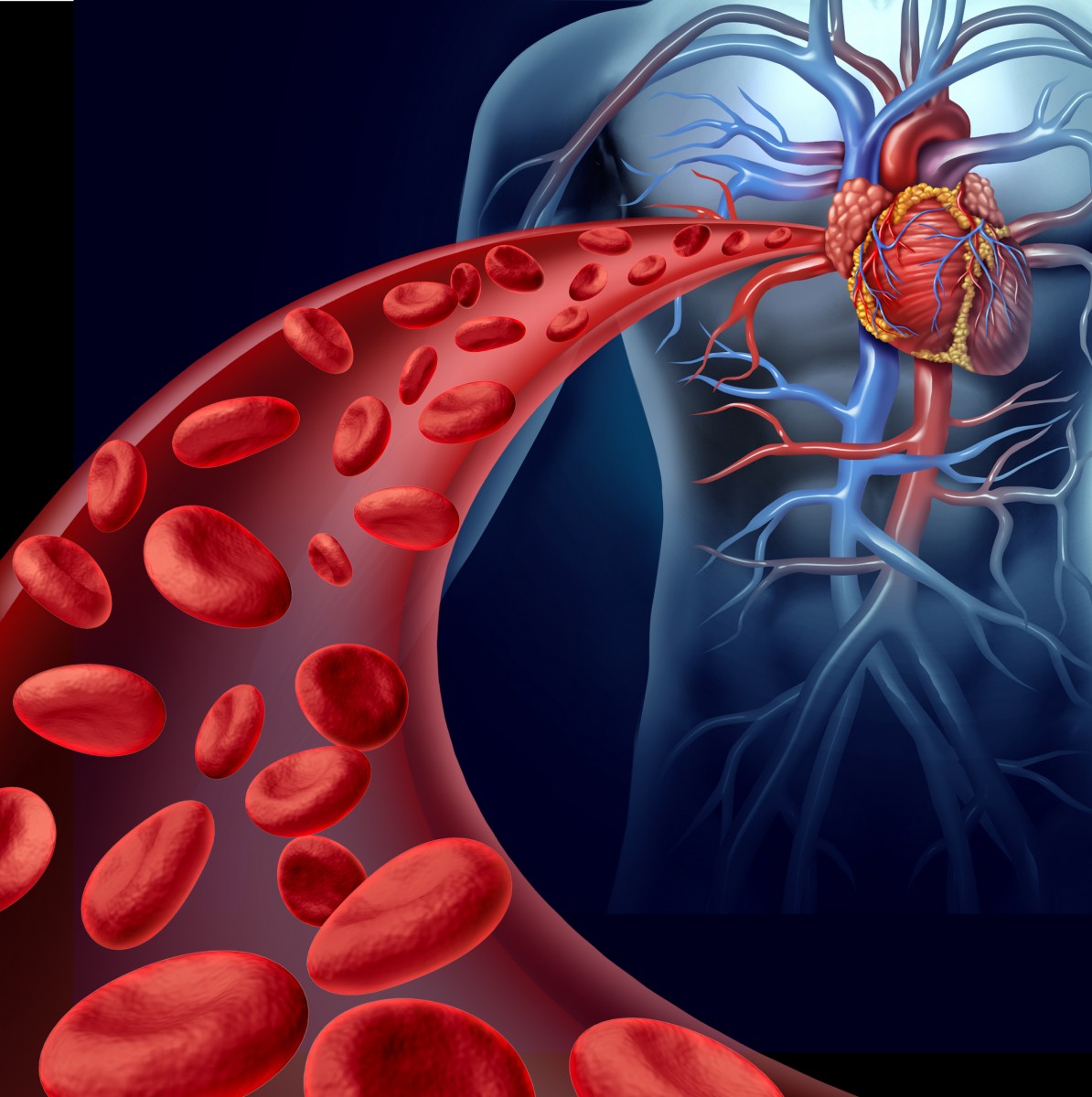Idelvion Shows Promise in Treating Hemophilia B for Prolonged Periods, Phase 3 Study Shows
Written by |

New Phase 3 trial results of CSL Behring’s hemophilia B therapy candidate Idelvion show promise in terms of reduction of bleeds, prolonged usage, and effectiveness at low doses.
The poster detailing the data, “Long-term safety and efficacy of recombinant fusion protein linking coagulation factor IX with albumin (rIX-FP) in previously treated patients with hemophilia B,” was recently presented at the International Congress of the World Federation of Hemophilia (WFH) in Orlando.
Hemophilia B, a condition that mainly affects males, is characterized by deficient or defective factor IX protein that causes bleeding problems. The U.S. Centers for Disease Control and Prevention estimated that about 25,000 male births are affected by this disease.
Hemophilia B is treated by means of intravenous infusion of factor IX. However, the stability of this factor, measured by means of half-life, is poor. Idelvion was engineered to extend its half-life by fusion with recombinant albumin protein.
Idelvion was approved in 2016 in the U.S, the European Union, and Canada. The approvals were based on results from the global PROLONG-9FP clinical development program that includes five Phase 1 through Phase 3 studies devoted to examining the safety and efficacy of Idelvion in children and adults suffering from hemophilia B.
This Phase 3 study, in combination with an ongoing extension study, was devoted to evaluating the long-term efficacy and safety of Idelvion for regular use by previously treated hemophilia B patients ages 12 to 65.
A total of 15 patients previously included in Phase 2 have participated in the Phase 3 study. The patients received treatment once every seven days for more than 26 weeks. Those who successfully responded switched to an extended 10- or 14-day interval.
The results showed reduced bleeds (0.00, 0.00, and 1.08 for 7, 10 and 14-day prophylaxis, respectively). Monthly administration of Idelvion was constant for a seven-day regimen and reduced the extended treatments.
An additional extension Phase 3b study designed to evaluate the response to the drug beyond 14 days showed that many patients were successful in extending the treatment interval to 21 days while increasing the Idelvion dosage. No inhibitors to factor IX or antibodies to Idelvion were recorded.
“These new data corroborate findings from the pivotal Phase 3 trials from PROLONG-9FP and demonstrate that Idelvion prophylaxis maintains robust efficacy and safety over time in pediatric and adult patients living with hemophilia B,” Elena Santagostino, MD, PhD, professor in the Medical School of Clinical and Experimental Hematology at the University of Milan/IRCCS Maggiore Hospital, and lead investigator of the PROLONG-9FP clinical development program, said in the press release.
“Interim results from the extension study are promising and suggest that extended treatment intervals of up to 10 and 14 days are achievable in children less than 12 years of age with hemophilia B, and even more prolonged treatment intervals of up to 21 days are conceivable for older patients,” she said.
The safety and efficacy of Idelvion was also evaluated in 21 minor or major surgeries involving 19 adult and pediatric patients with hemophilia B. Overall, the results suggested that Idelvion was efficient maintaining factor IX activity levels during and after the surgical procedure. The recorded side effects were mild to moderate with no inhibitors to factor IX or antibodies to Idelvion.
“The breadth of Idelvion data being shared at WFH 2016 demonstrates our promise to advance research that meets the needs of patients with hemophilia B,” said Dr. Andrew Cuthbertson, chief scientific officer and director of research and development at CSL Limited.
“We believe Idelvion will positively impact patients by prolonging increased factor levels and significantly reducing the treatment burden associated with frequent prophylactic dosing,” he said.


